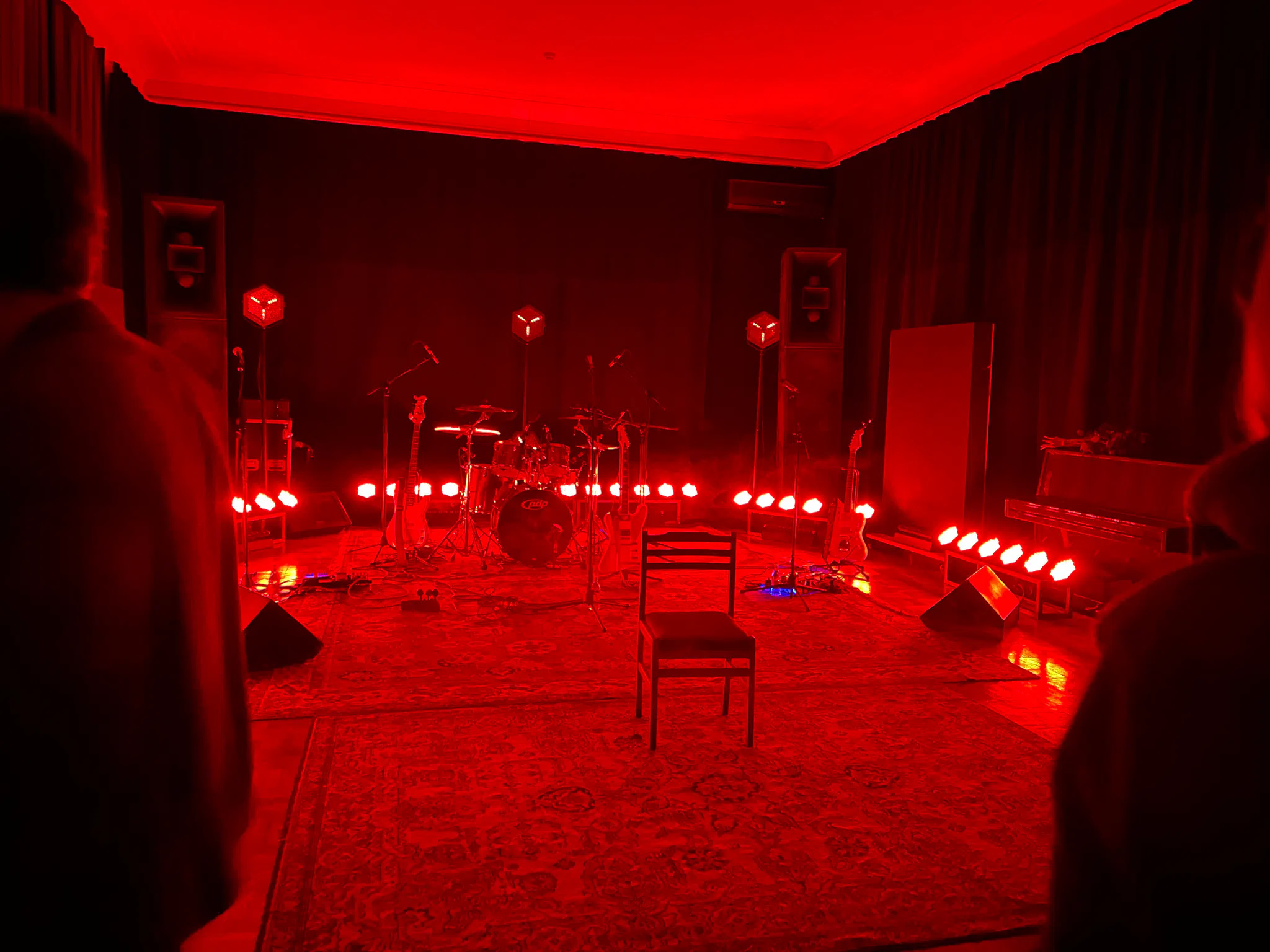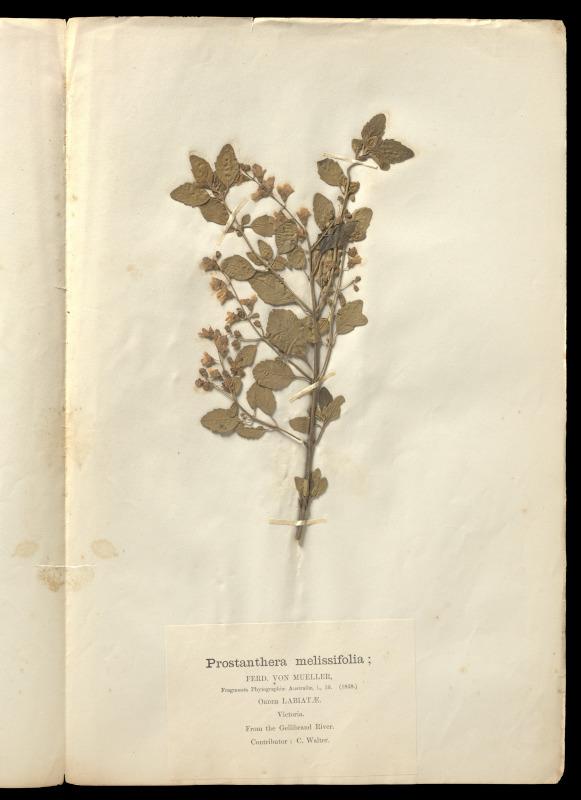I used to be a cashier.
Contrary to popular belief, if you bring the cashier some "funny" combination of things, they are unlikely to notice.
If you want them to remember you forever, bring them an entire, full size cart, filled to the brim with one item and nothing else.
This is about the time someone cleared all of the bananas with no explanation, as if that were normal.










